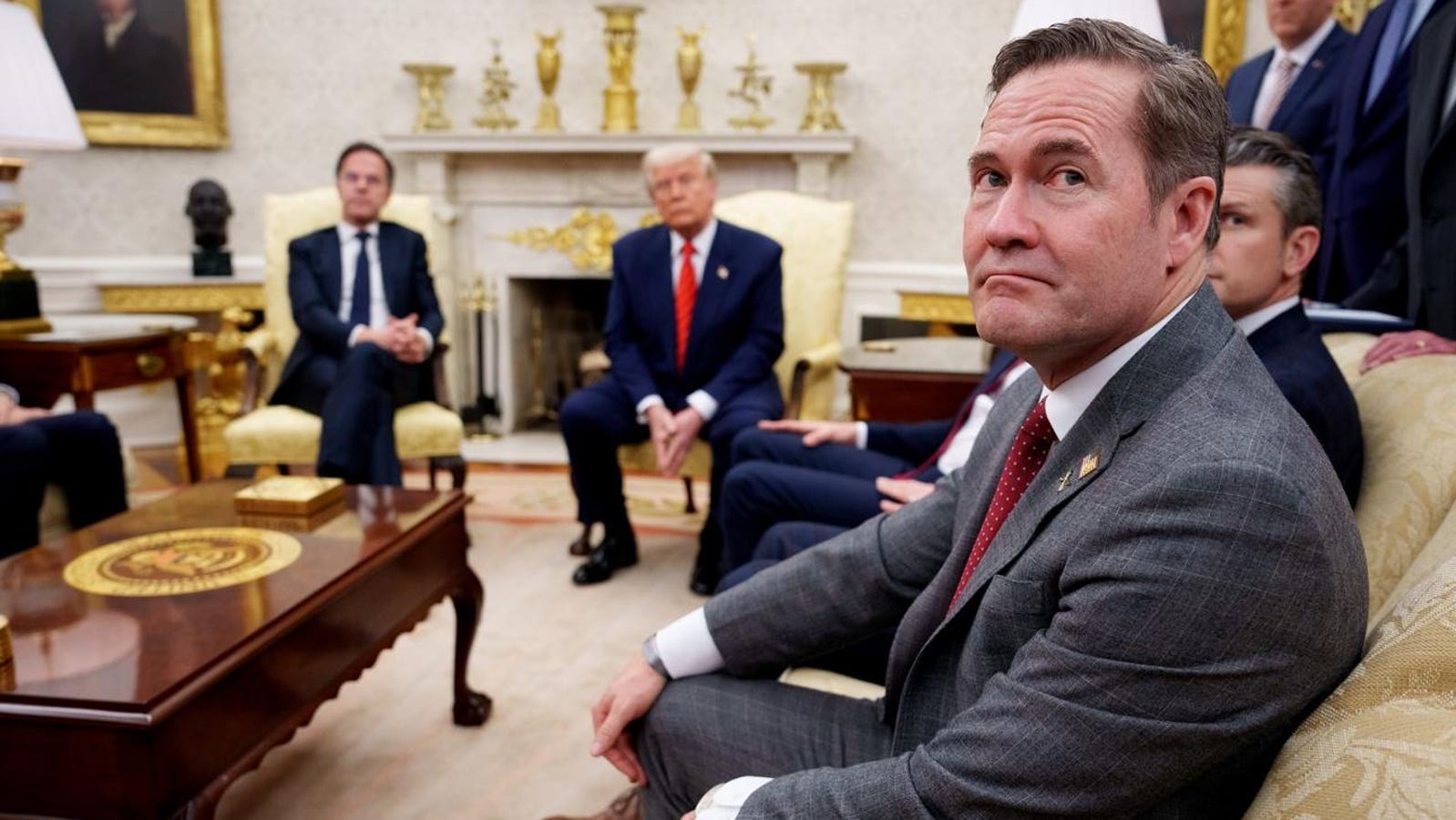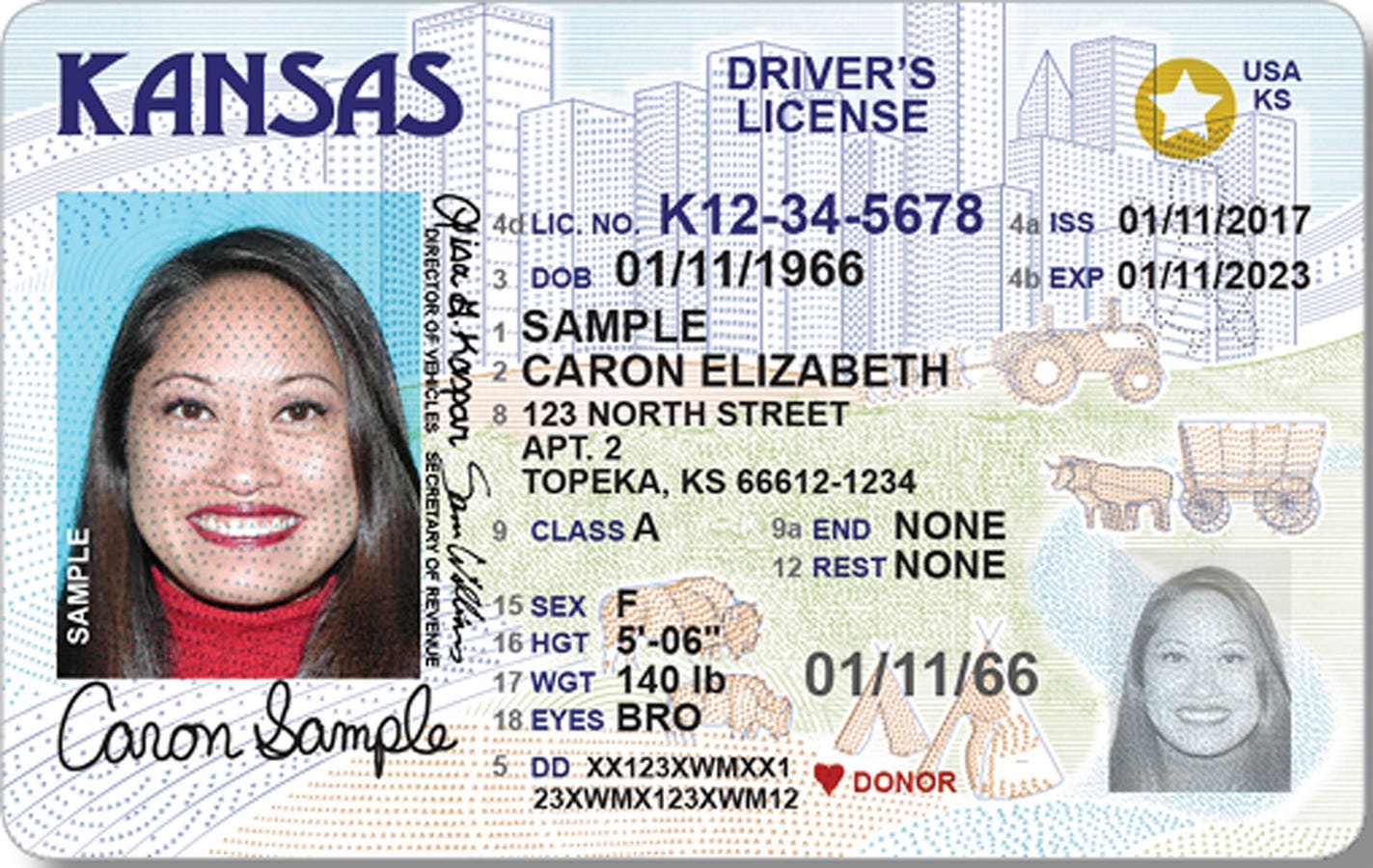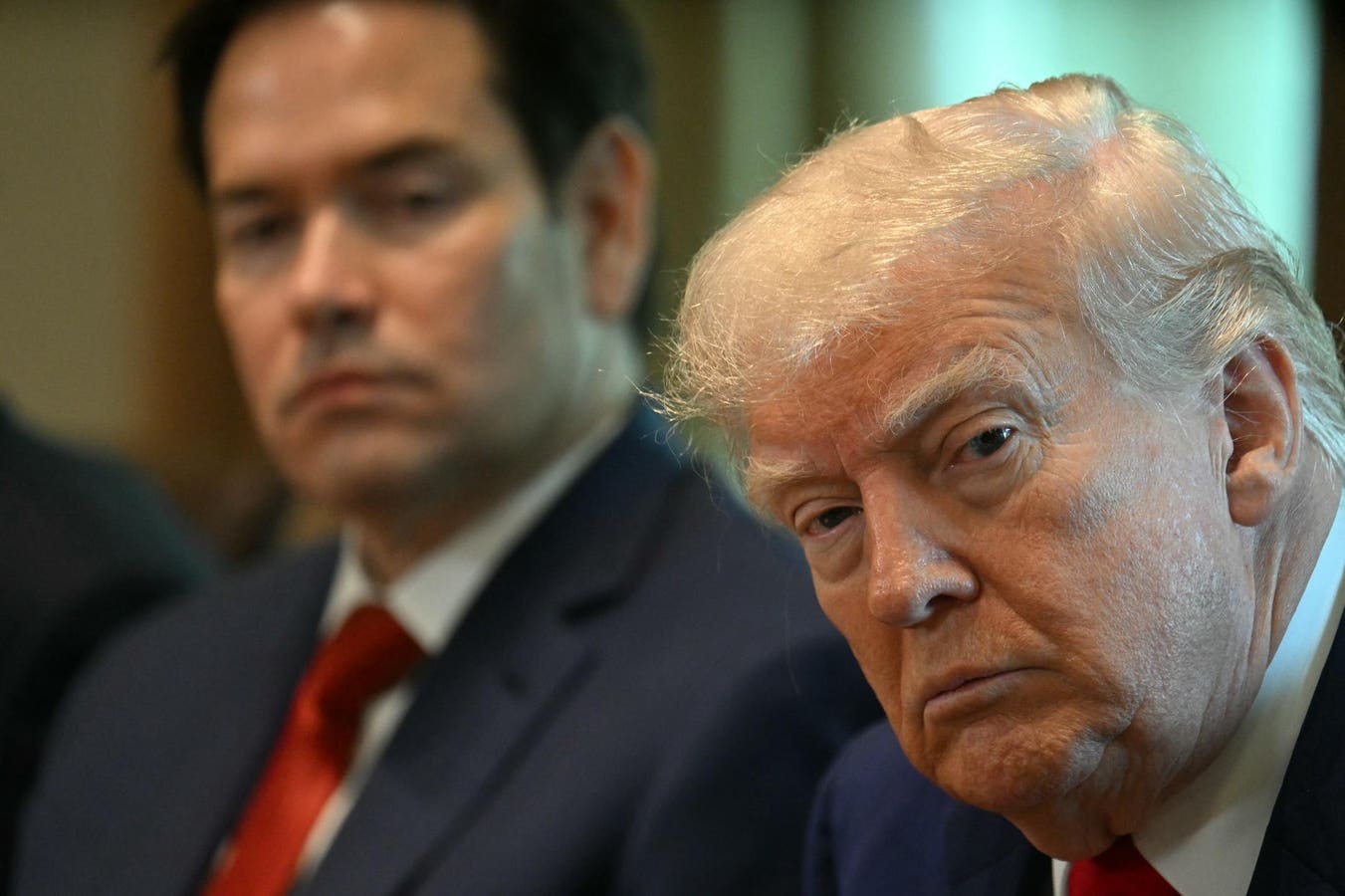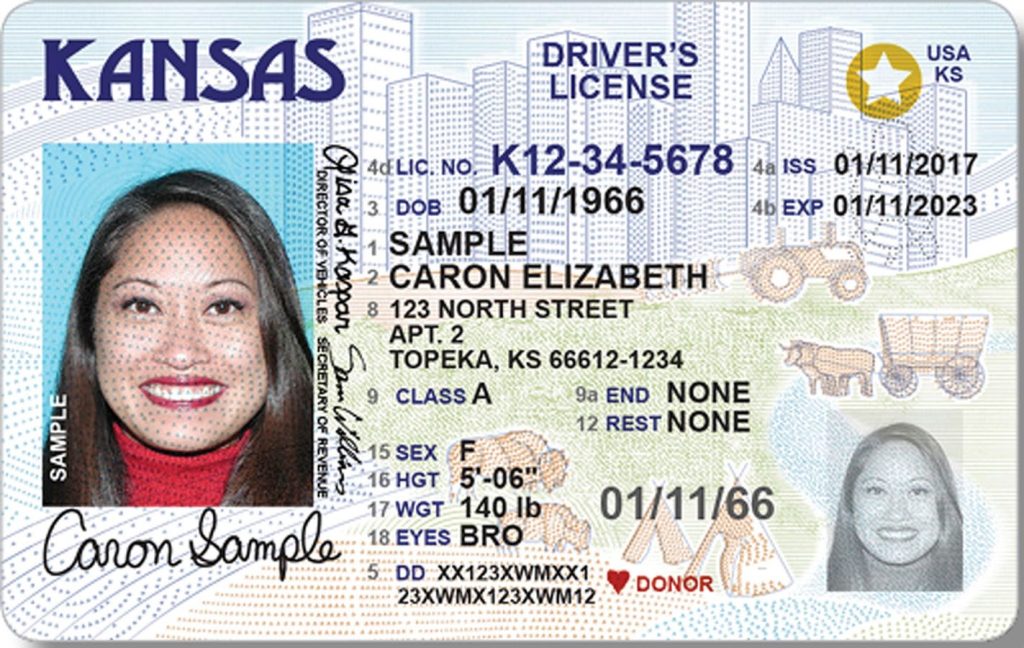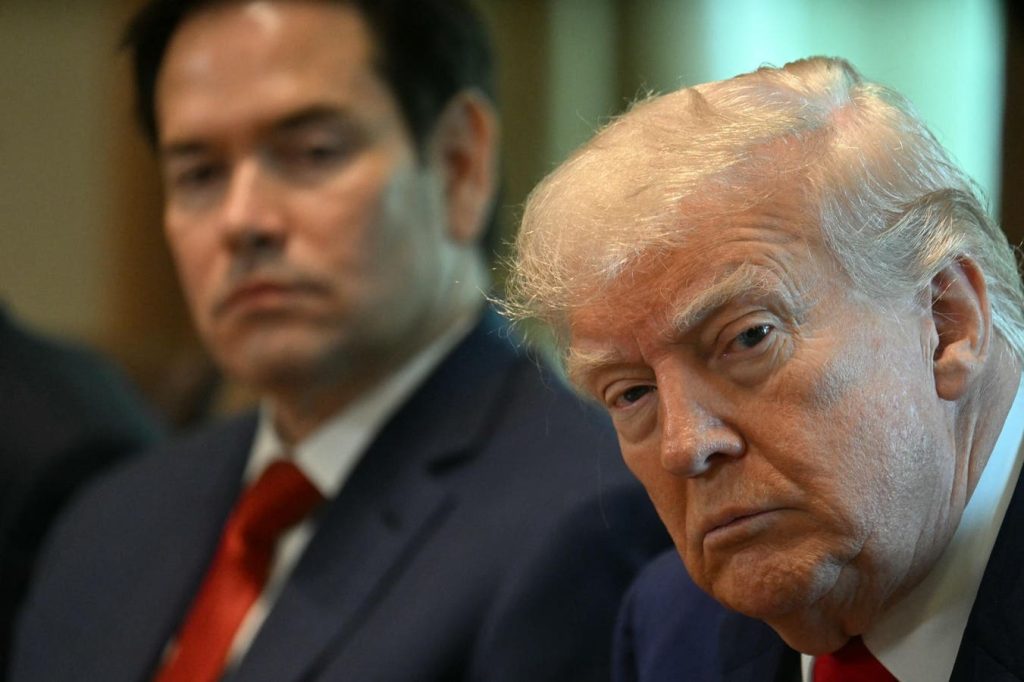Topline
National security adviser Mike Waltz will leave his role in the Trump administration, multiple outlets reported Thursday—weeks after he added a journalist to a group chat in which officials discussed war plans—though President Donald Trump had publicly supported Waltz after the blunder.
President Donald Trump, accompanied by U.S. National Security Adviser Michael Waltz (R), takes a … More question from a reporter during a meeting in the Oval Office of the White House on March 13.
Key Facts
Waltz’s deputy, Alex Wong, will also leave his post at the White House, according to CBS News.
Some lawmakers called on Waltz to resign from his role after The Atlantic editor-in-chief Jeffrey Goldberg said Waltz added him to a Signal group chat where Waltz and other Trump officials discussed upcoming strikes on Yemen.
Trump’s team tried to downplay the event, and the White House said Trump “continues to have the utmost confidence in his national security team.” Waltz was a House representative from Florida before Trump tapped him to serve as national security adviser.
Forbes has reached out to the White House for comment and confirmation.
This story is developing and will be updated.
Get Forbes Breaking News Text Alerts: We’re launching text message alerts so you’ll always know the biggest stories shaping the day’s headlines. Text “Alerts” to (201) 335-0739 or sign up here.
What Was Mike Waltz’s Role In Signalgate?
Waltz created and added Goldberg to the group chat on Signal—an unclassified commercial messaging app—that included Defense Secretary Pete Hegseth, Secretary of State Marco Rubio, Vice President JD Vance, Director of Intelligence Tulsi Gabbard, CIA Director John Ratcliffe and White House Chief of Staff Susie Wiles, Treasury Secretary Scott Bessent, White House envoy Steve Witkoff and others.
What Did Waltz Say About The Signal Chat?
Waltz acknowledged the error in an interview on Fox News and took “full responsibility,” but said he had never met and didn’t know Goldberg, and that his number was stored under someone else’s name in his contacts. Waltz said it was “embarrassing” the administration was “looking into and reviewing how the heck he got into this room.” Waltz tried to explain how he had Goldberg’s contact information despite denying knowing him, and suggested Goldberg’s number was saved under someone else’s contact information in the Fox News interview. “If you have somebody else’s contact, and somehow it gets sucked in.” Waltz indicated he meant to add someone instead of Goldberg to the chat and that person never ended up in it, though he wouldn’t say who he intended to add.
What Did Trump Say About Waltz After The Signal Chat?
Trump told reporters the day after news of the leak broke that Waltz is “a very good man” and didn’t need to apologize for the mistake. Earlier that day, Trump told NBC News Waltz had “learned a lesson.” Amid Trump’s continued public support of Waltz, though, The Wall Street Journal reported Trump was “frustrated” and curious “how Waltz could be so sloppy,” and Politico reported officials were discussing whether Waltz should keep his post in the White House.
Key Background
Goldberg published an article in The Atlantic on March 24 revealing he had been mistakenly added to the Signal chat by Waltz. National Security spokesperson Brian Hughes told multiple outlets the conversation depicted by Goldberg “appears to be an authentic message chain.” Hegseth denied the chat was used to text war plans, leading Goldberg to publish a second article on March 26 documenting exactly what was sent in the chat. The White House said the following week it was “moving forward” from the scandal and the “case has been closed,” though the Defense Department inspector general has since announced he is looking into whether DoD policies were followed and if any classified information was shared.
Further Reading
Waltz Says He Doesn’t Know Atlantic Editor He Invited To War Chat—As Trump Defends Aide (Forbes)

